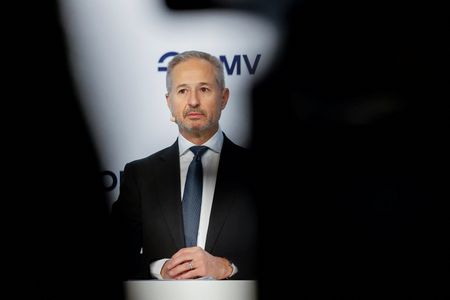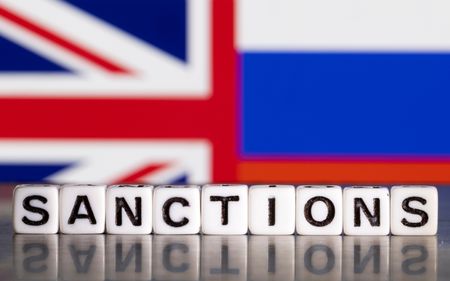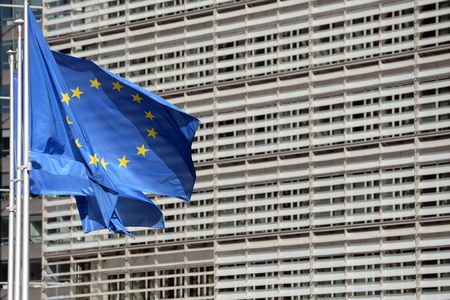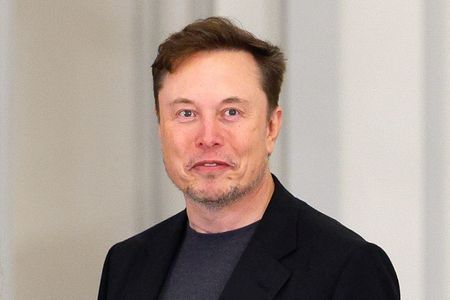By Alexandra Schwarz-Goerlich
VIENNA (Reuters) -Austrian oil and gas group OMV Chief Executive Alfred Stern has decided not to stand for re-election after his term ends on August 31, 2026, the company said on Tuesday in a surprise move which investors said was negative.
OMV shares were down some 0.5% by 1030 GMT. Most of Stern’s predecessors have served for longer than five years.
Stern, 60, has been CEO since September 2021, having previously run the company’s Borealis division and steered the Vienna-based company away from fossil fuels towards sustainable fuels and chemicals.
He oversaw the merger of Abu Dhabi National Oil Company and OMV’s polyolefin businesses in March after two years of negotiation, creating a chemicals powerhouse named Borouge Group International, with a $60 billion enterprise value.
The merger is expected to close in the first quarter of 2026.
It is unclear who will lead the new company but Stern has made clear he is not available.
Neither OMV nor Stern gave a specific reason for the move but Supervisory Board Chairman Lutz Feldmann said he deeply regretted the personal decision.
“We are losing a CEO who has positioned the OMV Group for the future with a clear, forward-looking vision,” he said.
Stern thanked the board for the opportunity to lead OMV into a new era and said the company’s transformation was on track.
“The resignation of Mr. Stern from August 2026 is negative news,” said Erste Group in a research note, adding he was the driver of the merger process which created the Borouge Group.
“We believe creating BGI is a positive development for OMV shareholders and the resignation is not in relation to this transaction,” it added.
Critics view the merger as an industrial success but argue the focus may now shift away from the chemical strategy pursued by Stern and towards a profit-oriented energy and investment group, with a much stronger influence from ADNOC.
Russia’s 2022 invasion of Ukraine posed major challenges to OMV, which had relied on Russia’s Gazprom for gas deliveries, as Western countries tried to reduce dependence on Russian energy.
In December, OMV terminated its long-standing gas supply contract with Gazprom after the Russian gas giant halted deliveries after a protracted legal battle over contracts.
OMV had been one of the few remaining large, long-term buyers of Russian pipeline gas in Europe after Russia’s invasion.
(Reporting by Alexandra Schwarz-Goerlich, writing by Madeline Chambers, editing by Thomas Seythal and David Evans)











